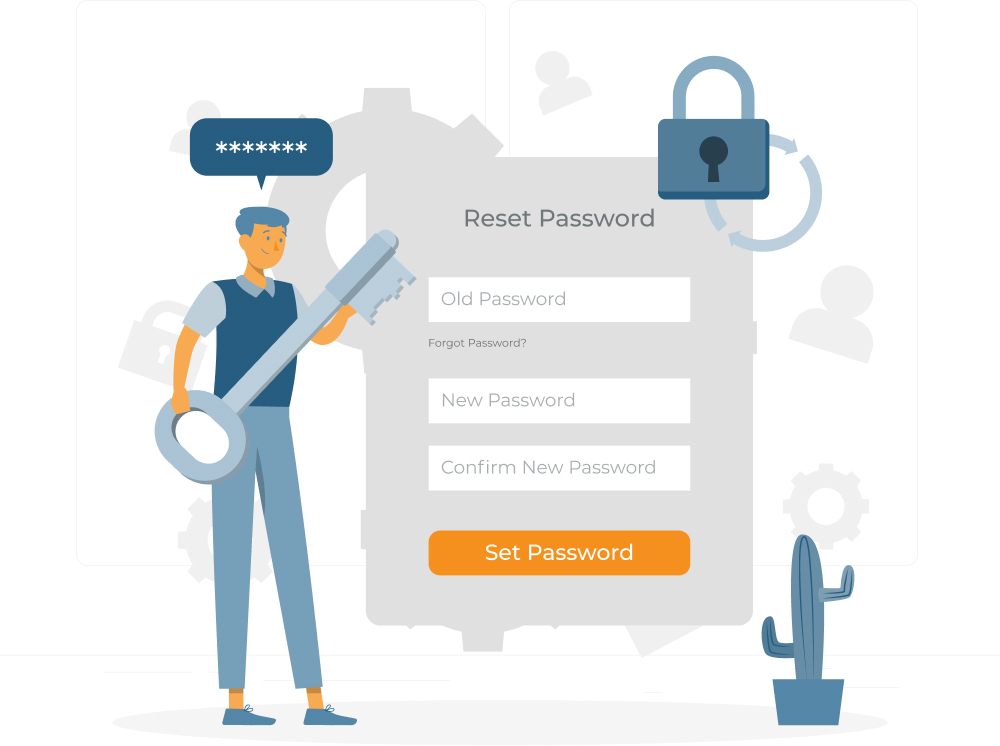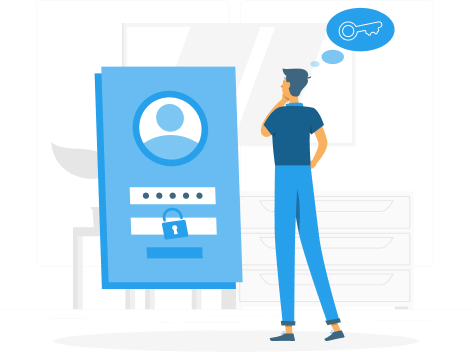In our always-connected, fast-paced world, finding focus amidst the chaos can feel like a superhuman feat. Emails, instant messages, notifications, open office chatter – modern workplaces provide an endless stream of potential distractions. Yet, maintaining focus is crucial for productivity, job satisfaction, and overall well-being. So, how do we train our brains to stay on task in a world designed to pull us in a million directions?
The Cost of Distraction
It’s not just a feeling – distractions actually have a measurable impact. Studies show that it takes an average of 23 minutes to regain focus after an interruption. Multiply that by the sheer number of small distractions throughout the day, and the time lost is staggering. But beyond lost time, distractions also:
- Reduce Work Quality: When we’re constantly task-switching, errors become more likely.
- Increase Stress: Feeling pulled in multiple directions creates mental overload and anxiety.
- Harm Creativity: Deep, innovative thinking often requires extended periods of uninterrupted focus.
The Mindfulness Factor
Mindfulness is about being present in the moment, and non-judgmentally observing our thoughts and surroundings. This skill is surprisingly beneficial for combating distractions. Here’s why:
- Awareness: Mindfulness helps us notice when our attention is wandering, a crucial first step to bringing it back.
- Non-Reactivity: We learn to observe distracting thoughts or impulses without immediately engaging with them.
- Focus as a Muscle: Like any muscle, our attention span strengthens with practice. Mindfulness is a powerful workout for this skill.
Practical Strategies for Mindful Productivity
Ready to reclaim your focus? Here are some ways to integrate mindfulness and boost your distraction-resistance:
1. Embrace single-tasking as the ideal – our brains are designed to focus best on one task at a time, so challenge the multitasking myth!
2. Identify your biggest distraction triggers, whether that’s email, social media, or a chatty workspace, so you can be more aware of their pull. If a big open office over stimulates your brain, perhaps its time to reconsider a closed office, if possible. It is also something you should consider when applying for a job.
3. Schedule strategic tech breaks throughout your day for checking your phone or email rather than reacting to every notification the moment it arrives. If possible, optimise your workspace to minimise noise and visual distractions.
4. Finally, incorporate mini-mindfulness sessions into your workday – take a minute or two to simply focus on your breath and settle your attention back to the present moment
Building a Habit
Like any new skill, mindful productivity takes consistency. Don’t get discouraged if your mind wanders – that’s natural! Gently bring your attention back. Over time, you’ll get stronger at noticing distractions and consciously choosing where to place your focus.
The Bottom Line
In a noisy world, the ability to focus is a valuable asset. Protecting your attention isn’t just about efficiency; it’s about quality work, reduced stress, and a sense of control over your workday. By practising mindfulness and strategically managing your environment, you can unlock greater productivity and well-being amidst the chaos.
Share this article with a friend or colleague.


